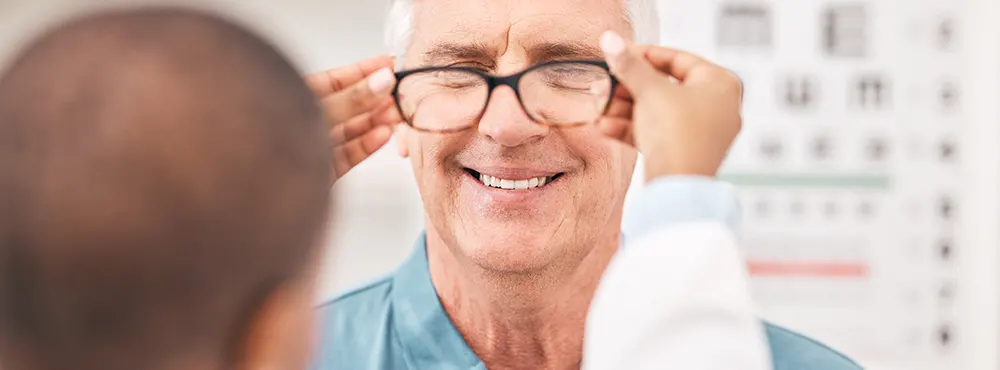After the eye test
Once the eye test is complete, your optometrist will explain their findings and observations, detailing any special requirements that you may have. This is when you can ask any questions and discuss the best form of vision correction to suit your needs and lifestyle.
Your optometrist will also provide you with a date for your next eye test and may refer you to your doctor or hospital if you require medical attention.
If you have any questions surrounding your eye health, book an eye test today.
Disclaimer: The advice in this article is for informational purposes only and does not replace medical care or an in-person check-up. Please check with an eyecare professional before purchasing any products or remedies. For information on our article review process, please refer to our Editorial Policy.

 Offers
Offers Account
Account
 Favorite
Favorite
 Basket
Basket

 OFFERS
OFFERS
















